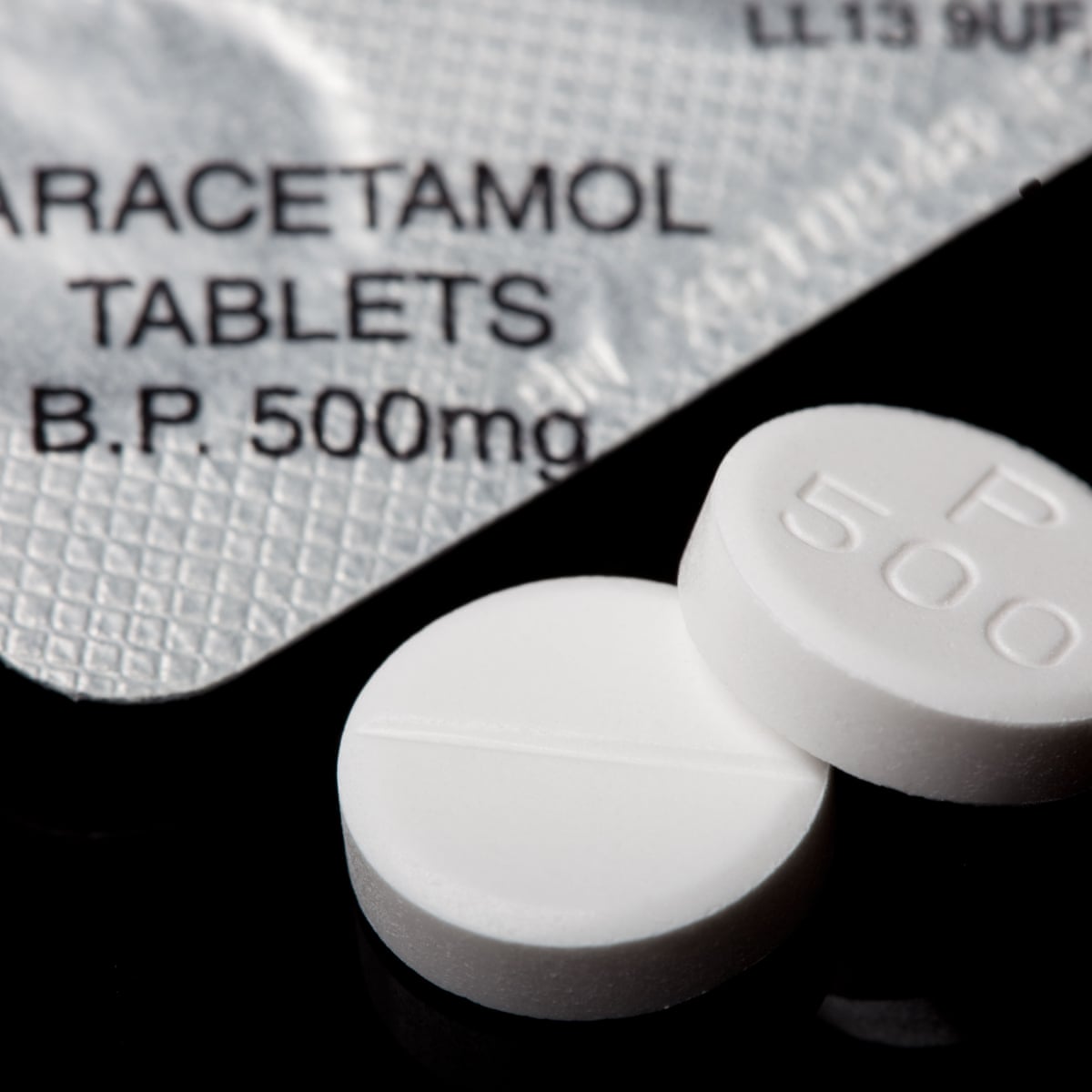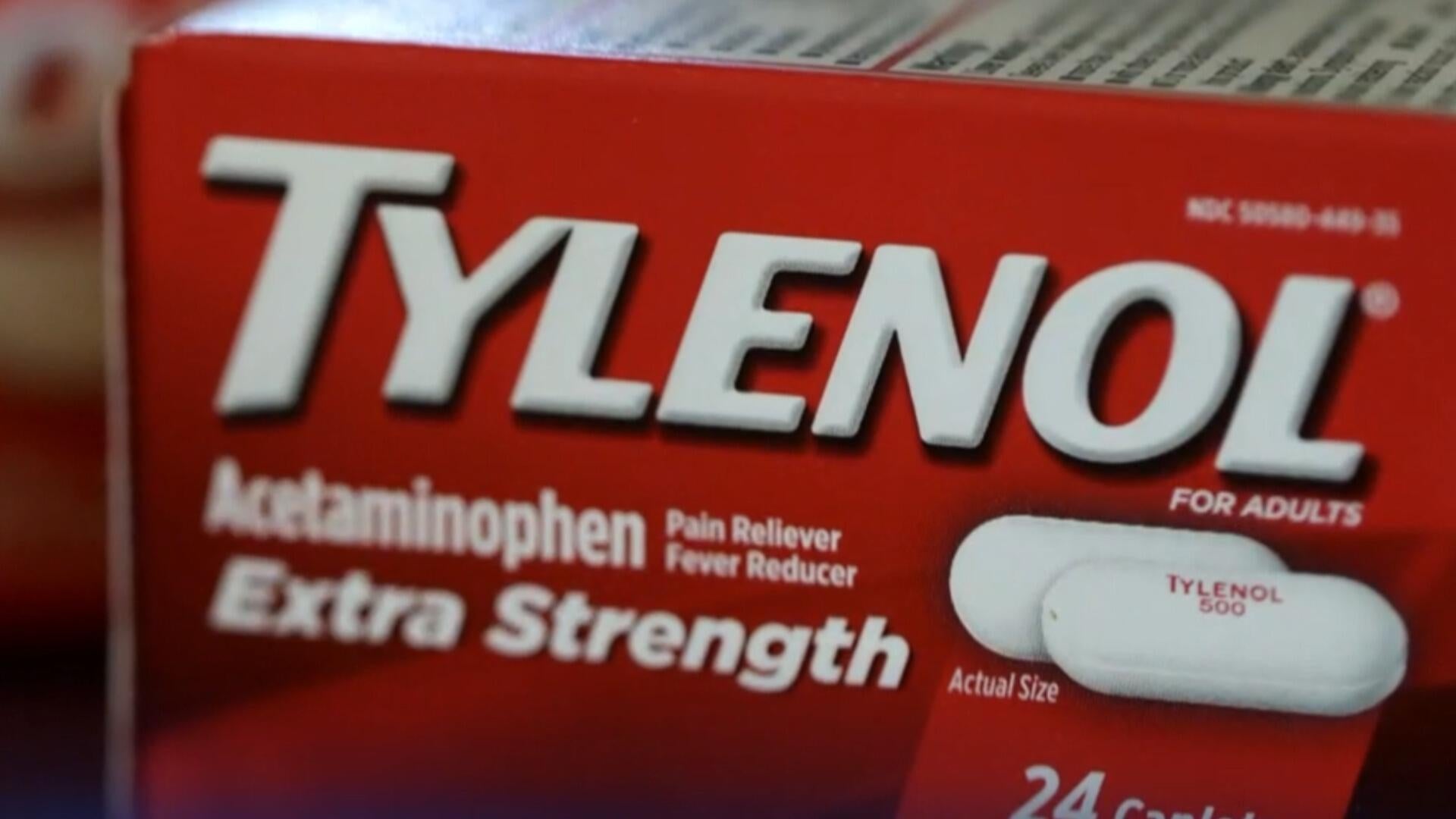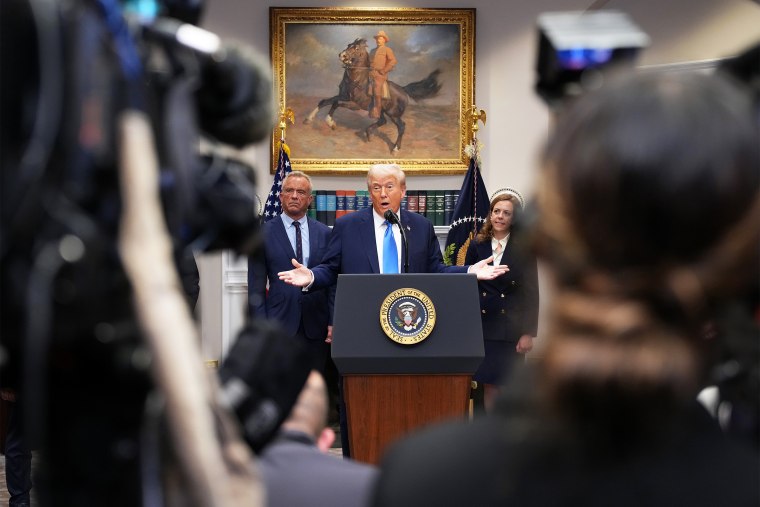
The World Health Organization (WHO) has made a definitive statement, firmly rejecting the long-standing but debunked claims that the painkiller paracetamol, commonly known as Tylenol, and vaccines are linked to autism.
This announcement, which comes after years of misinformation surrounding the two subjects, has reignited global discussions about vaccine safety and the potential causes of autism spectrum disorders (ASD).
The WHO’s statement is an attempt to put to rest false assertions that have fueled vaccine hesitancy and widespread concern over the safety of common pain-relief medications.
Autism, or ASD, is a complex neurological condition that affects communication, social interaction, and behavior. Its prevalence has been rising steadily worldwide, leading to numerous studies aimed at understanding its origins and causes.
However, despite extensive research, no single cause has been definitively linked to the development of autism. The WHO’s statement reiterates the consensus of the global scientific community: neither vaccines nor paracetamol have been proven to cause autism.
The origins of the vaccine-autism myth can be traced back to a 1998 study published in the medical journal The Lancet, which falsely suggested that the MMR (measles, mumps, and rubella) vaccine was linked to autism.
This paper was later retracted due to serious ethical concerns and a lack of scientific validity. Despite the retraction, the damage was done, and anti-vaccine sentiments began to spread, leading to widespread fear among parents that vaccines might cause autism.
Over the years, numerous studies and research efforts have repeatedly debunked the connection between vaccines and autism. Extensive scientific reviews, meta-analyses, and studies involving large populations have found no evidence supporting the idea that vaccines, including the MMR vaccine, cause autism.

The WHO has consistently stood by these findings, emphasizing that vaccines are safe and essential for preventing serious diseases like measles, mumps, rubella, and many others.
Similarly, the claim that paracetamol, a widely used painkiller, could cause autism gained traction in some corners of the internet, particularly on social media platforms.
The theory emerged from a 2015 study that suggested a potential association between the use of paracetamol during pregnancy and an increased risk of autism.
However, this study was met with considerable skepticism from the scientific community. Subsequent research failed to replicate these findings, and the link between paracetamol use and autism has never been conclusively proven.
The WHO’s recent statement on the matter reaffirms that there is no established connection between the painkiller and the development of autism.
The WHO’s clarification on these two issues is crucial in dispelling myths that have been circulating for years. These myths have contributed to a growing sense of distrust toward vaccines and medications, undermining public health efforts and putting vulnerable populations at risk.
The rise in vaccine hesitancy, particularly in developed countries, has led to outbreaks of preventable diseases like measles and whooping cough, which were once nearly eradicated.
One of the most significant challenges in addressing vaccine misinformation is the widespread use of social media. Platforms like Facebook, Twitter, and Instagram have become breeding grounds for anti-vaccine propaganda and false health claims.

While these platforms have taken steps to curb the spread of such misinformation, the sheer volume of posts and videos spreading fear and confusion about vaccines remains a major obstacle to public health efforts.
The WHO’s statement serves as a reminder that vaccines are not only safe but also crucial for protecting individuals and communities from infectious diseases.
Vaccines undergo rigorous testing and monitoring before they are approved for public use. The approval process involves multiple phases of clinical trials and extensive surveillance to ensure the safety and efficacy of the vaccines.
In addition, regulatory agencies like the U.S. Food and Drug Administration (FDA), the European Medicines Agency (EMA), and the World Health Organization continue to monitor vaccines for any adverse effects, and they take immediate action if any safety concerns arise.
The same level of scrutiny is applied to medications like paracetamol, which are among the most commonly used drugs worldwide. Paracetamol has been used safely for decades to treat pain and reduce fever.
It is considered one of the safest over-the-counter painkillers when used as directed. However, like all medications, paracetamol can cause harm if misused, particularly if taken in excessive amounts. This has led to concerns about the safety of paracetamol, but these concerns are not related to autism.
The WHO’s statement on vaccines and paracetamol is not only a response to misinformation but also a call to action for parents, healthcare professionals, and policymakers.
The continued spread of false claims about vaccines and medications puts global health at risk. The WHO has emphasized the importance of promoting accurate information about vaccines and the safety of medications to ensure that individuals make informed decisions based on science, not fear.

One of the major challenges in combating misinformation about autism is the lack of understanding about the condition itself. Autism spectrum disorder is a complex neurodevelopmental disorder with a range of causes, including genetic, environmental, and prenatal factors.
Studies have shown that the condition is likely influenced by a combination of genetic predisposition and environmental factors, such as exposure to toxins or infections during pregnancy.
However, there is no single cause of autism, and no scientific evidence links vaccines or medications like paracetamol to its development.
Parents who are concerned about autism may find themselves inundated with conflicting information from various sources, making it difficult to discern what is accurate and what is not.
The WHO’s recent statement helps clarify these issues, providing reassurance to parents who may have been swayed by false claims. It also highlights the importance of listening to trusted medical professionals and experts when it comes to making health decisions.
While the WHO’s statement is a positive step in the fight against misinformation, it also underscores the need for continued efforts to combat the spread of false health claims.
Governments, public health organizations, and social media platforms must work together to ensure that accurate, evidence-based information is readily available to the public.
The role of healthcare professionals is also crucial in educating patients and parents about the safety of vaccines and medications and the true causes of conditions like autism.

In conclusion, the WHO’s statement that neither paracetamol nor vaccines have been shown to cause autism is an important step in countering the harmful myths and misinformation that have plagued public health efforts for years.
Vaccines are a critical tool in preventing infectious diseases, and paracetamol remains a safe and effective painkiller when used appropriately. By providing clear and accurate information, the WHO hopes to restore public confidence in vaccines and medications, ultimately improving global health outcomes.
As more research is conducted and our understanding of autism deepens, it is vital that we continue to rely on scientific evidence and expert guidance to inform our decisions and protect the well-being of future generations.



